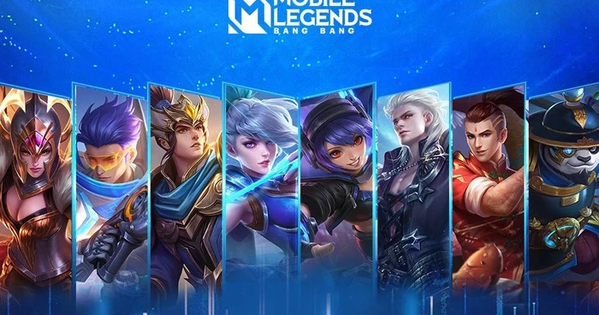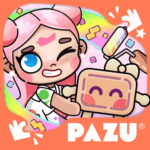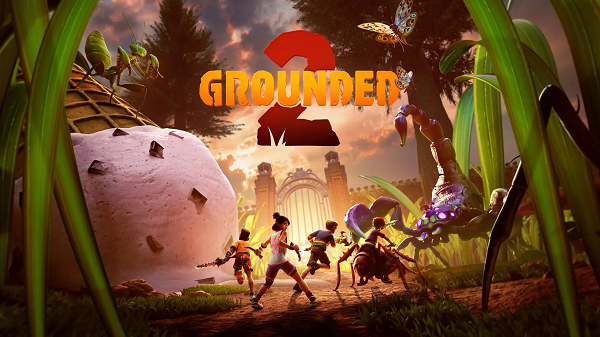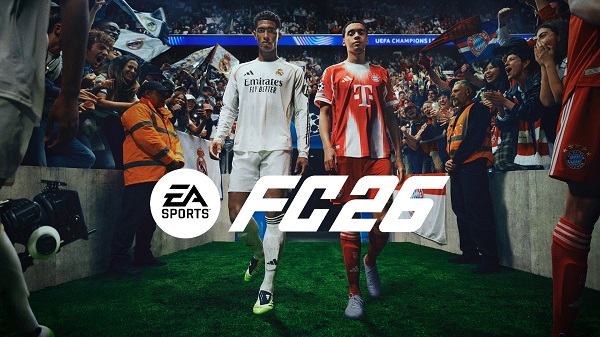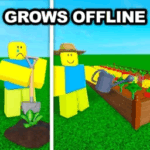Advertisement
Popular Now
Introduction
Mobile Legends: Bang Bang (MLBB) is one of the most popular multiplayer online battle arena (MOBA) games globally. Despite its success, the game has faced criticism for its "pay-to-win" mechanics. This article dives deep into how these mechanics affect the gameplay experience, competitiveness, and overall enjoyment for players.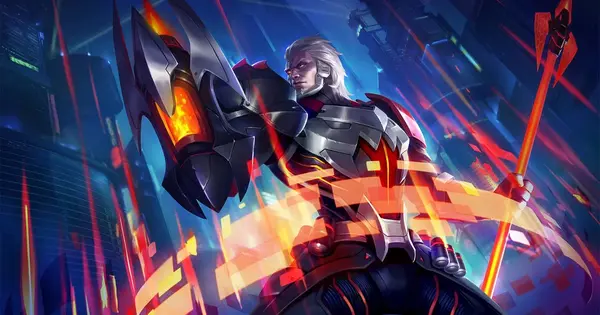
Understanding Pay-to-Win in MLBB
What is Pay-to-Win?
Pay-to-win refers to game mechanics where players who spend real money gain significant advantages over non-paying players. In MLBB, this manifests in various forms, including exclusive skins, faster progression, and additional in-game resources.How MLBB Implements Pay-to-Win Elements
In MLBB, these elements are embedded in the gacha system, premium skins with stat bonuses, and hero unlocking mechanisms. While these are intended to enhance monetization, they have far-reaching impacts on player equity.The Impact on Match Balance
Unequal Starting Points
New players often face opponents with premium content, giving the latter a significant edge in gameplay. This discourages beginners and disrupts the balance.Skill vs. Monetary Investment
Pay-to-win mechanics often overshadow skill, leading to scenarios where skilled but non-paying players are outperformed by less skilled paying players.Skins and Their Controversial Bonuses
Visual vs. Functional Advantages
Skins are marketed as purely cosmetic. However, some MLBB skins provide slight stat bonuses, creating a disparity between paying and non-paying players.Psychological Effects on Players
These bonuses, although minor, can influence match outcomes. Players without them may feel demoralized or pressured to spend money to remain competitive.The Gacha System and Gambling Concerns
How the Gacha System Works
Players spend in-game currency or real money for randomized rewards. This system can lead to excessive spending in pursuit of rare items.Gambling-Like Mechanics
The gacha system mimics gambling, raising ethical concerns, especially among younger players susceptible to these tactics.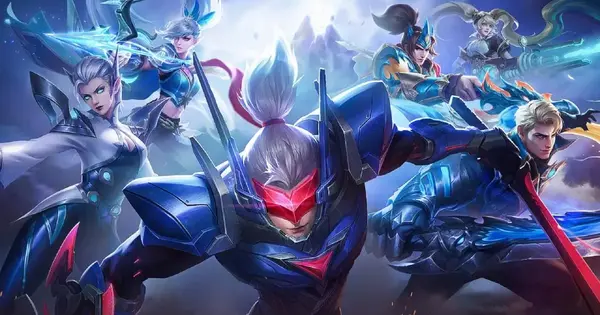
Hero Unlocking and Accessibility
Free-to-Play Challenges
While MLBB provides free heroes, unlocking newer, more powerful heroes often requires substantial grinding or spending.Paywalling Competitive Options
Players who can afford to buy new heroes immediately gain an advantage, leaving non-paying players at a disadvantage in ranked matches.Player Retention vs. Player Frustration
Retention Strategies
Monetization methods are designed to retain paying players by offering exclusive rewards and benefits.Frustration Among Free Players
Non-paying players frequently express dissatisfaction, leading to decreased engagement and, in some cases, quitting the game entirely.Community Reactions and Backlash
Online Discussions and Criticism
MLBB’s pay-to-win elements are a frequent topic in online forums. Many players criticize the game for prioritizing profits over fair gameplay.Developer Responses
Although developers have made minor adjustments, substantial changes to address pay-to-win concerns remain absent.Comparisons with Competitor Games
Fair Monetization Models
Games like League of Legends and Dota 2 rely on purely cosmetic purchases, setting an example for fair monetization.What MLBB Can Learn
Implementing cosmetic-only monetization could enhance MLBB’s reputation and player satisfaction.Ethical Considerations
Impact on Younger Audiences
Young players are particularly vulnerable to pay-to-win mechanics, which can foster unhealthy spending habits.Calls for Regulation
Advocacy for stricter regulations on in-game purchases and gacha systems is gaining traction worldwide.